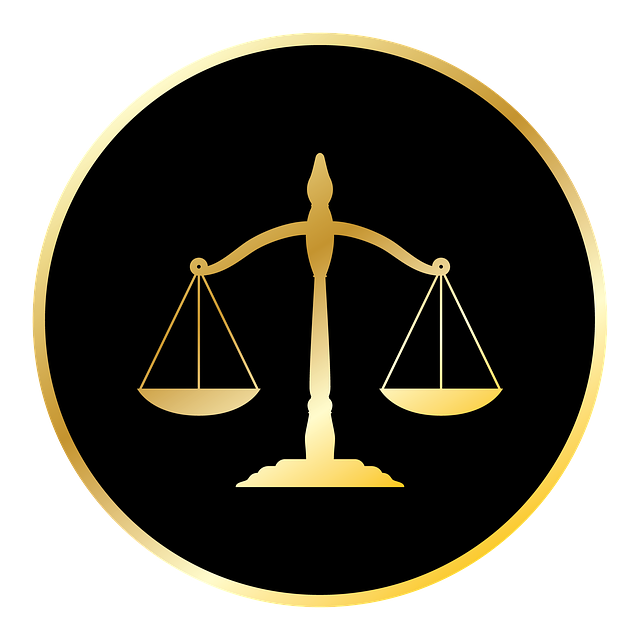Understanding the unique legal framework of child support in each jurisdiction is key to effectively navigating disputes. Parents can actively participate by advocating for fair agreements, challenging inaccurate calculations, and exploring alternative dispute resolution methods like mediation or collaborative law. Strategic defenses, documentation, and transparent communication are vital for resolving these complex matters, ensuring fair financial support for children's well-being through successful child support disputes resolution.
Ensuring a secure financial future for children is paramount, especially when it comes to child support. This article offers a comprehensive guide to navigating complex legal aspects of child support collection and defense. We explore crucial strategies for both parents, empowering them to understand their rights under varying child support laws. From effective collection tactics to mastering defense against potential disputes, this resource provides valuable insights into achieving fair resolutions in child support matters.
- Understanding Child Support Laws and Rights
- Effective Collection Strategies for Parents
- Navigating Defense Tactics in Disputes
Understanding Child Support Laws and Rights

Understanding the legal framework surrounding child support is paramount for both parents involved in a dispute. Each jurisdiction has its own set of laws and guidelines that dictate the calculation, collection, and enforcement of child support payments. These regulations are designed to ensure the financial well-being of children after a separation or divorce. Parents must be aware of their rights and responsibilities under these laws to navigate child support disputes effectively.
Knowledgeable parents can use this understanding to participate actively in the process. They can advocate for fair agreements, challenge inaccurate calculations, and explore alternative dispute resolution methods like mediation or collaborative law. Such approaches often prove more efficient and less contentious than traditional litigation, fostering a cooperative environment that is better for both parents and children involved in child support matters.
Effective Collection Strategies for Parents

For parents seeking effective collection strategies in child support disputes resolution, it’s crucial to explore a variety of legal avenues. One key approach is to proactively communicate and collaborate with the other parent or guardian. Open dialogue can facilitate agreements on payment plans, modification requests, and other arrangements that ensure consistent contributions towards a child’s well-being without escalating tensions. Legal professionals can assist in negotiating these terms, ensuring fairness and adherence to legal requirements.
Additionally, utilizing court-ordered enforcement mechanisms is vital. This includes wage garnishments, where an employer deducts a portion of the non-paying parent’s income to cover child support arrears. Other methods involve bank account levies, tax refunds seizures, and driver’s license suspensions. These strategies, coupled with regular legal consultations, empower parents to navigate child support disputes resolution effectively and secure the financial support necessary for their children’s future.
Navigating Defense Tactics in Disputes

In child support disputes, both plaintiffs and defendants employ various defense tactics to navigate complex legal waters. Understanding these strategies is crucial for effective resolution. Common defenses include challenging the validity of income calculations, questioning the need for support based on perceived changes in circumstances, or disputing the parentage itself. These tactics often require thorough documentation and expert testimony to counter.
For instance, a defendant might argue they are unable to pay due to job loss or reduced income. The plaintiff’s legal team must then present evidence of earning potential, such as hidden assets or underreported income, to prove otherwise. Effective communication between both parties, coupled with transparent financial records, can expedite the dispute resolution process, ensuring a fair outcome for all involved.






